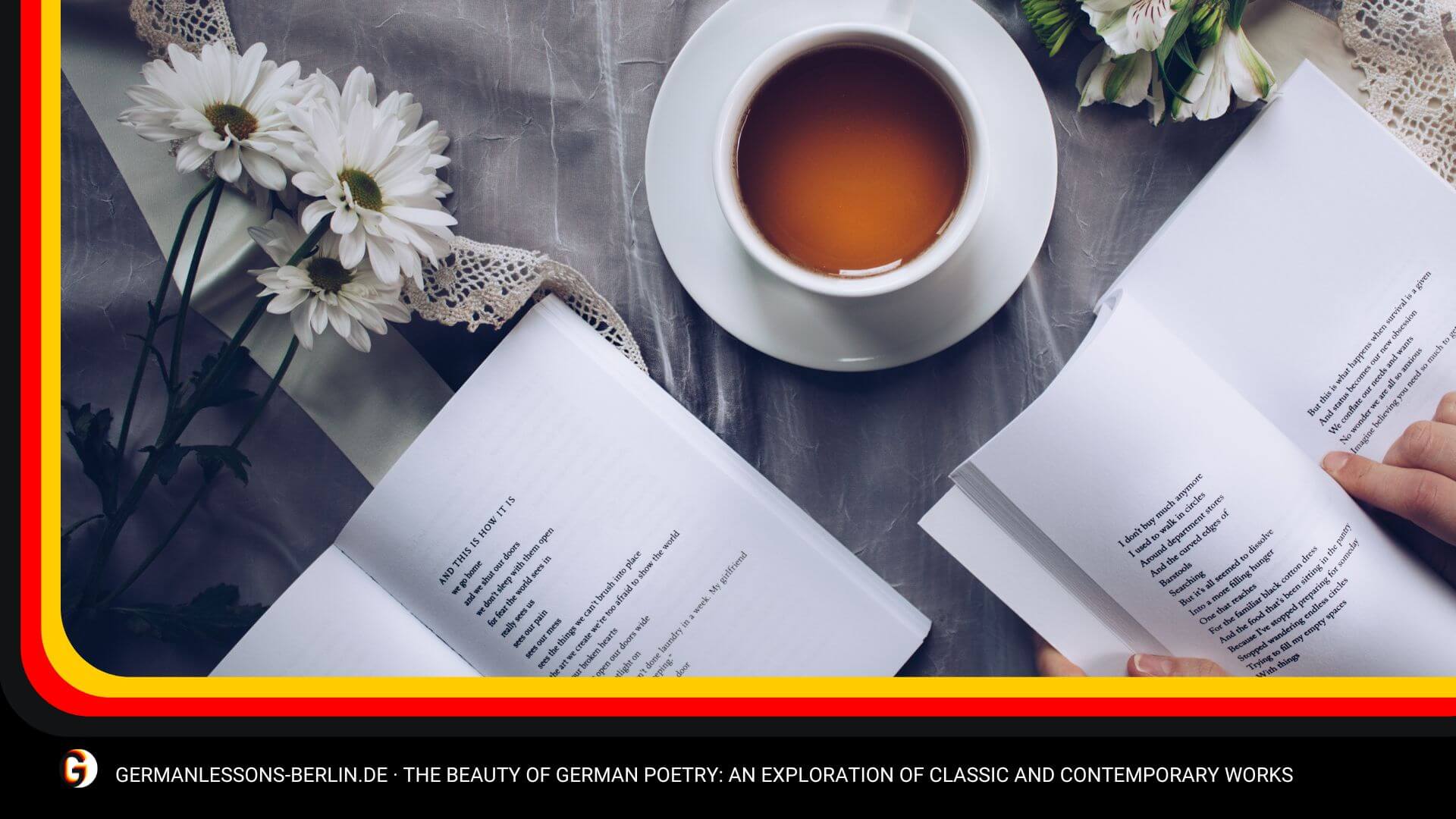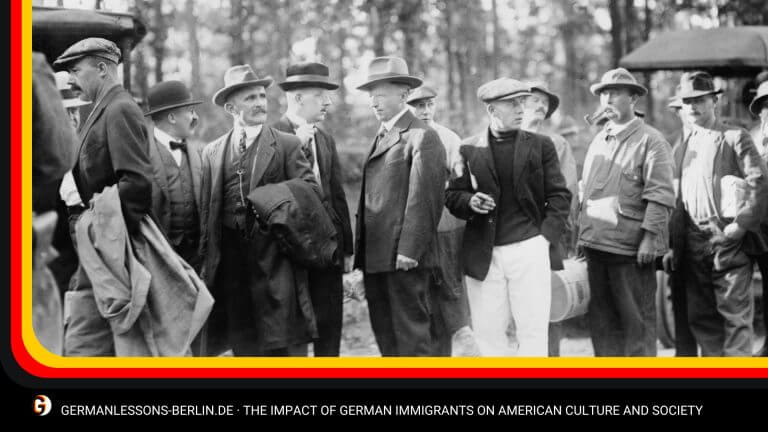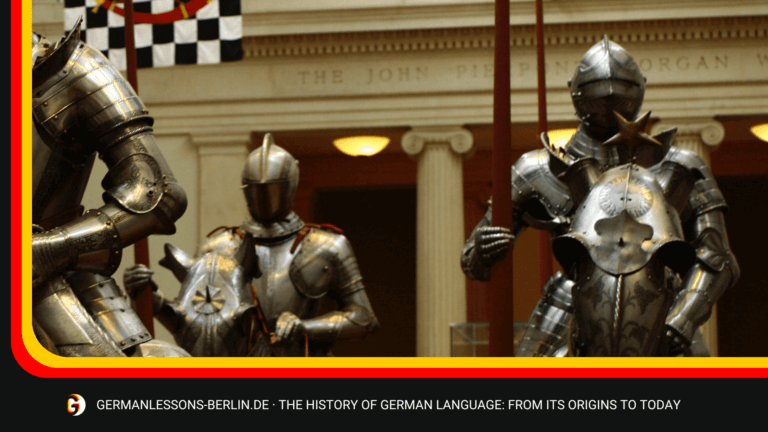Table of Contents
You’re about to dive into the rich world of German poetry, exploring both classic and contemporary works. You’ll uncover the origins, journey through historical impacts, and delve into themes and styles. You’ll discover renowned poets of the 21st century and see how German poetry influences world literature. You’re not just reading – you’re embarking on a journey through the beauty of words and the power of expression. Ready to explore? Let’s immerse ourselves in the beauty of German poetry.
Key Takeaways
- German poetry has a rich and diverse history, evolving from courtly love songs in the Middle Ages to intellectual and emotional themes in the Renaissance and Enlightenment periods, and emphasizing emotion and nature during the Romantic era.
- Classic German poets like Goethe, Heine, Rilke, Hölderlin, Brecht, Schiller, and Müller have contributed significant works that showcase profound lyrical expressions, biting satire, hauntingly beautiful depictions of existential struggle, deep melancholy, stark political commentary, and exploration of themes of oppression and memory.
- Historical events such as World War II and the fall of the Berlin Wall have had a profound impact on German poetry, leading to darker and reflective themes, as well as exploration of identity, unity, and nostalgia.
- Contemporary German poetry often engages in social and political commentary, explores personal identity and relationships, reflects on history and memory, addresses environmental concerns, and experiments with language, form, and intertextuality. Notable contemporary German poets include Durs Grünbein, Barbara Köhler, Uwe Kolbe, Nora Bossong, and Jan Wagner.
Understanding the Origins of German Poetry
Before you can fully appreciate the depth of German poetry, it’s essential that you understand its origins, as they’ve played a significant role in shaping the unique characteristics and themes of this literary form. The roots of German poetry can be traced back to the Middle Ages, with the courtly love songs penned by Minnesingers. Then, you’ve got the Renaissance and Enlightenment periods, which brought a surge of intellectual and emotional themes. But it doesn’t stop there. The Romantic era, with its emphasis on emotion and nature, left its mark too. You’re seeing centuries of cultural shifts and societal changes, all woven into the fabric of German poetry. It’s this rich tapestry of influences that gives German poetry its distinctive voice.
Delving Into the Works of Classic German Poets
As you delve deeper into the realm of classic German poetry, you’ll find that each poet, whether it’s Goethe, Heine, or Rilke, imbued their works with a unique aesthetic and philosophical perspective that reflects the time they lived in. Now, let’s engage more intimately with these classics.
- Bask in Goethe’s profound lyrical expressions of romanticism in his masterpiece, “Faust”.
- Discover Heine’s biting satire and wit, especially in his collection, “Buch der Lieder”.
- Explore Rilke’s hauntingly beautiful depictions of existential struggle in “Duino Elegies”.
- Reflect on the deep melancholy and introspection in Hölderlin’s “Hyperion”.
- Lastly, immerse yourself in Brecht’s stark political commentary in “The Threepenny Opera”.
Each journey will deepen your appreciation for German poetry’s rich, versatile tapestry.
The Impact of Historical Events on German Poetry
You’ll notice that the turbulence of historical events, such as the fall of the Berlin Wall, has left an indelible mark on the landscape of German poetry. These events have influenced the themes, tone, and style of countless poems.
Here’s a table to help you visualize the impact:
| Historical Event | Effect on Themes | Example Poet |
|---|---|---|
| World War II | Darker, reflective themes | Bertolt Brecht |
| Fall of Berlin Wall | Freedom, unity | Ingeborg Bachmann |
| Post-Unification Period | Identity, nostalgia | Durs Grünbein |
Examining Themes and Styles in Contemporary German Poetry
Let’s turn our attention now to contemporary German poetry, examining its prevalent themes and popular stylistic techniques. You’ll notice how these works reflect the ethos of modern society and the changing literary landscape. We’ll explore how these poets use language and form to craft their unique voices and messages.
Contemporary Themes Analysis
Dive headfirst into the rich tapestry of contemporary German poetry, where you’ll examine prevalent themes and evolving styles that define this dynamic literary landscape. The themes often reflect social issues, personal experiences, and the pressing concerns of the day. They are explored in diverse and innovative styles that push the boundaries of poetic form.
- Social and political commentary, often critical or satirical
- Exploration of personal identity, relationships, and internal struggles
- Reflection on history, memory, and the passage of time
- Engagement with nature and the environment
- Experimentation with language, form, and intertextuality.
These themes and styles highlight the complexity and vibrancy of contemporary German poetry. Now, let’s turn our attention to understanding popular stylistic techniques in the next section.
Popular Stylistic Techniques
In this section, you’re going to explore popular stylistic techniques in contemporary German poetry, and along the way, you’ll notice how these techniques often serve to amplify the themes we’ve discussed. Look out for the use of metaphor and symbolism, both of which are frequently employed to deepen meaning. You’ll also encounter an array of interesting structural choices – some poets favour traditional forms like the sonnet, while others break free with free verse. Pay attention to the sound patterns too; alliteration and assonance are common. These techniques aren’t just for show – they’re tools that poets use to evoke specific emotions, to challenge your perceptions, or to draw attention to their central themes. It’s a complex, beautiful dance of words and ideas. Dive in and enjoy.
Notable German Poets of the 21st Century
You’ll now embark on an exploration of notable German poets of the 21st century, a journey through the minds and verses of the most influential voices in contemporary Germany. You’ll appreciate their fresh perspectives and unique voices that shed light on various aspects of life, society, and human emotions.
To help you delve deeper, here are some important poets to check out:
- Durs Grünbein: Known for his complex, thought-provoking themes.
- Jan Wagner: A master of form, rhyme, and meter.
- Ulrike Almut Sandig: She beautifully incorporates folklore into modern narratives.
- Monika Rinck: Her playful, experimental style is captivating.
- Lutz Seiler: His work is deeply rooted in his experiences growing up in East Germany.
Enjoy exploring these voices, as they provide a rich tapestry of contemporary German poetry.
The Influence of German Poetry on World Literature
You’ve explored German poetry’s beauty, now let’s consider its wide-reaching impact. Reflect on the global influence of German poetry and how it’s shaped world literature. Think about the poets who’ve had the greatest influence, and you’ll start to see just how profound this effect has been.
Global Impact
Let’s delve into the profound influence German poetry has exerted on world literature throughout the ages. This rich tradition has not only shaped the German language but has also significantly impacted global literary trends.
Here are some key points to consider:
- German Romanticism, with its emphasis on emotion and individualism, influenced poets worldwide.
- The works of Goethe and Schiller have been translated into numerous languages, spreading German thought and poetic style.
- German poets like Brecht and Rilke brought innovative forms and themes to the world stage.
- The use of complex metaphors and symbols in German poetry has deeply influenced literary devices globally.
- German poetry’s exploration of existential themes has resonated with readers and writers worldwide.
Next, let’s explore some of the most influential German poets.
Influential German Poets
In your journey through the landscape of German poetry, understanding the poets’ unique contributions and their profound influence on global literature is essential. You’ll find that legends like Johann Wolfgang von Goethe and Friedrich Schiller have reshaped world literature. Goethe’s “Faust” has become a cornerstone of literary studies, its themes and characters resonating with readers globally. Schiller, a master of dramatic poetry, has also left a vast footprint, his work inspiring countless playwrights. Rainer Maria Rilke, with his lyrical style and profound themes, has touched the souls of many. These poets, along with numerous others, have formed the backbone of German poetry, their words echoing through the ages and across borders. Their influence is undeniable, a testament to the power of German poetry.
Frequently Asked Questions
How Is German Poetry Taught in Schools Today?
You’re asking about how German poetry is taught in schools today. It’s generally integrated within the German language curriculum. You’ll find that students dive into both classic and contemporary works, analyzing poetic techniques, themes and cultural context. They’re often encouraged to create their own poems too. This hands-on approach helps them understand the beauty and complexity of German poetry, and develop their language skills along the way.
Are There Any Famous Films or Songs That Have Been Inspired by German Poetry?
Absolutely! You’d be surprised how often German poetry has influenced popular culture. For instance, the film “Wings of Desire” drew inspiration from Rilke’s poetry. Bob Dylan’s song “Every Grain of Sand” also mirrors themes from Rilke’s works. So, you see, German poetry’s impact isn’t just confined to the classroom but extends to movies and music as well. It’s fascinating to explore these connections, isn’t it?
What’s the Publishing Process Like for Contemporary German Poets?
As a contemporary German poet, you’d typically draft your poem first. Then, you’d refine it over time. Once satisfied, you’d submit your work to publishers or literary magazines. If they’re interested, they might request revisions. It’s often a long process, with rejection being part of it. But don’t be discouraged! Persistence and resilience are key. Once accepted, your poem goes through final edits before it’s published and shared with the world.
How Has the Digital Age Affected the Popularity and Dissemination of German Poetry?
In the digital age, the popularity and spread of German poetry have soared. You’ve got social media, blogs, and online literary platforms now serving as stages for poets. They’re reaching wider audiences and gaining recognition quicker. However, it’s a double-edged sword. While access has increased, so has competition. You can now find a vast array of German poetry at your fingertips, but it’s challenging for poets to make their works stand out.
Are There Any Popular German Poetry Competitions or Festivals?
Yes, there are. In fact, you’d be surprised at how many German poetry competitions and festivals exist. One of the most popular is the ‘Poetry Slam Meisterschaft’. It’s a nationwide contest where poets perform their own work and audiences vote for the winner. Another is the ‘Lyrik Kabinett’, a festival that showcases both classic and contemporary poetry. They’re fantastic platforms for poets to share their work and for audiences to discover new voices.
Conclusion
So, you’ve journeyed through the rich tapestry of German poetry, from its ancient roots to contemporary masterpieces. You’ve seen how history’s echoes resonate in the verses, and how today’s poets continue to innovate. You’ve met the modern wordsmiths shaping global literature. German poetry isn’t just a part of Germany’s heritage, it’s a gift to the world, a testament to the power of words to capture the human experience. Now, isn’t that simply beautiful?








